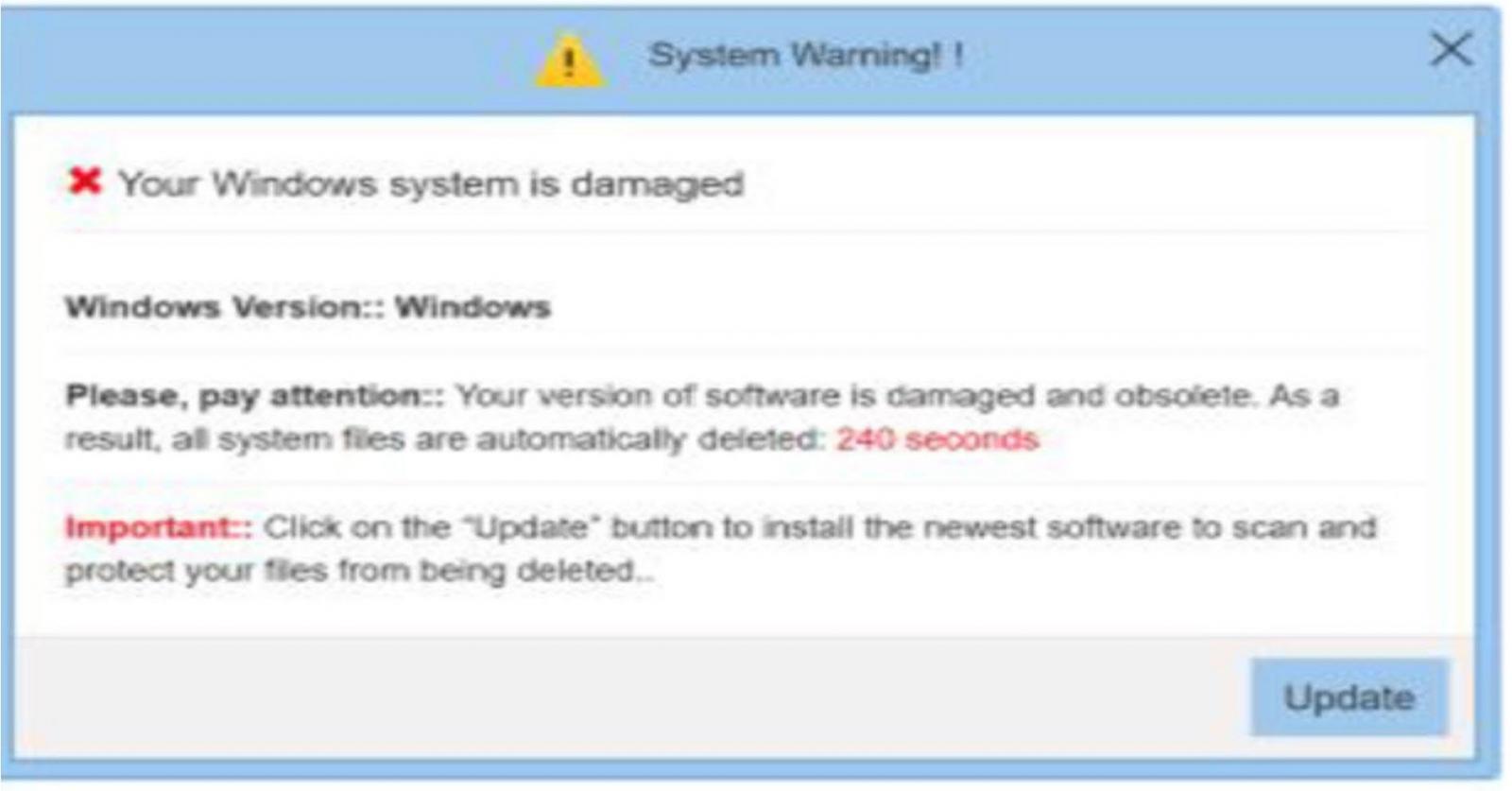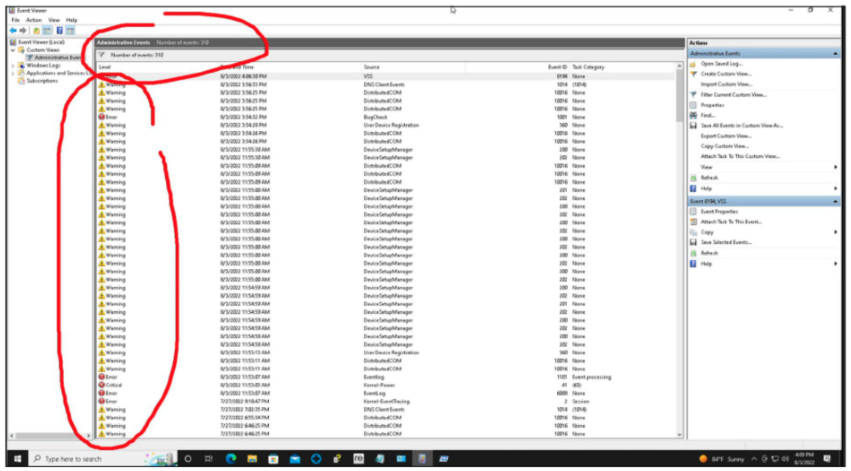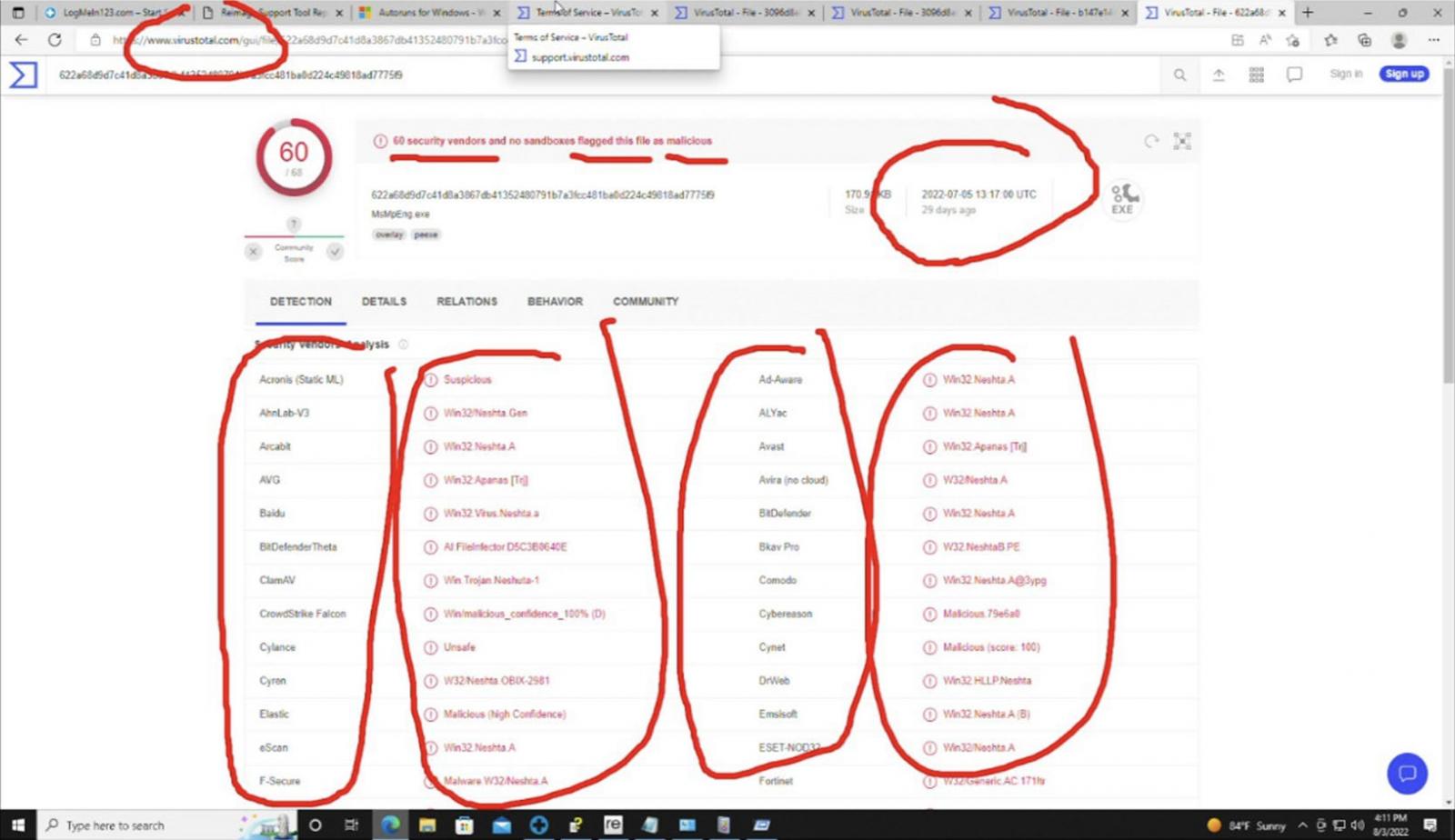
Tech support companies Restoro and Reimage will pay $26 million to settle charges that they used scare tactics to trick their customers into paying for unnecessary computer repair services.
The U.S. Federal Trade Commission imposed the fine in response to the two Cyprus-based firms’ deceptive marketing, which violates the FTC Act and the Telemarketing Sales Rule.
“These companies used scare tactics and lies about threats to consumers’ personal computers to bilk consumers, particularly older consumers, out of tens of millions of dollars,” said Samuel Levine, Director of the FTC’s Bureau of Consumer Protection.
“We have taken decisive action to halt this scheme and return money to consumers.”
Restoro and Reimage used online ads and pop-ups that impersonated Microsoft Windows pop-ups and system warnings, saying that the consumers’ computers were infected with malware, had various performance issues, and needed urgent attention to avoid harm.

FTC investigators also paid for these services to replicate the consumers’ experience with Restoro between May and June 2022 and Reimage during July and August 2022.
While the devices used to test the purchased software and services had no performance or security issues and were also running antivirus software, scanning them “revealed” hundreds of issues requiring repair, including “PC Privacy issues,” “Junk files,” “Crashed Programs,” and “Broken Registry issues.”
The FTC investigators were asked to pay up to $58 for a “PC Repair Plan” and, after paying, were urged to make “activation” calls to Restore and Reimage telemarketers, who told them the software couldn’t actually fix all the issues.
These telemarketers then requested access to the investigators’ computers and claimed to find additional “errors, critical warnings, viruses, or malware” while pointing to regular log entries in the Microsoft Windows Event Viewer linked to standard and benign system errors and warnings.

“The telemarketers also use VirusTotal software to claim that consumers’ computers have viruses. In reality, the way that the telemarketers use VirusTotal does not show that the computer that the telemarketer accessed remotely has a virus,” the complaint says.
“After displaying VirusTotal and Event Viewer, Defendants’ telemarketers typically display a page listing items to be fixed, including errors and warnings, performance problems, and viruses.
“The telemarketers then recommend repair services by a technician. They offer various “repair plans” costing $199,99 for “S SILVER,” $299,99 for “GOLD,” or $499,99 for “PLATINUM” services.”

Besides the $26 million fine, the proposed FTC order, which awaits a federal court’s approval, also bans Restoro and Reimage from engaging in deceptive telemarketing and misrepresenting security or performance issues on consumers’ devices to scare them into buying additional, unnecessary computer repair services.
Since the start of the year, the FTC has also banned Avast from selling browsing data for advertising purposes, ordered Turbotax-maker Intuit to stop marketing “free” software that isn’t free, and banned two data brokers from selling Americans’ raw location data that could be used for tracking purposes.
Source: Original Post
“An interesting youtube video that may be related to the article above”
